Ending Self-Hate
Written by Laura Carr
Ending Self-Hate
A definition of self-esteem by Oxford languages is “confidence in one’s own worth or abilities; self-respect.” Generally speaking, child-rearing requires socialization; and the process of socialization demands that the child abandon themselves in order to appease the parent/caretaker. Inherently, this is intended to help the child thrive in the world. I have never met a parent that sets out to harm their child. They want what is best for them. This phrase is used to defend and justify many parenting approaches.
How caregivers decide (consciously or unconsciously) to parent is directly related to their own experiences in childhood. So, what does this have to do with how a person feels about themselves? EVERYTHING! In every life experience, a narrative (or belief) is getting made up about oneself, others and the world. The things that happen to us in childhood (good and bad) become beliefs (usually unconscious). And these beliefs contribute to our emotions and our behaviors. The outcomes then reinforce the beliefs. Based on our life circumstances, many people have some version of a belief of “something is wrong with me,” “I’m not good enough,” “I should be ________ (smarter, thinner, better, work harder,),” basically, different than what I am.
In our society, we lump a person’s value with their looks, financial status, marital status, gender, skin color, behavior, sexual orientation, life choices, etc. If we don’t fit in to the “right” category, the message is clear; “SOMETHING IS WRONG WITH YOU!” In addition to being socialized many have also had traumatic and/or painful life experiences. Basically, childhood, for many is the process of abandonment.
People sometimes talk about trauma as big “T” trauma or little “t” trauma. Some people relate to the word trauma and others do not. Another phrase that attempts to capture what is missed by the word trauma is “childhood emotional neglect.” Nearly everyone experiences this is some form because humans aren’t perfect. Perfect parenting is not possible. And, socialization, leads to self-hate or what the world calls, low self-esteem.
You can learn to see the beauty and wholeness that you actually are. Just like you were taught to hate yourself, you can also learn how to love yourself. To see who you AUTHENTICALY ARE! It sounds corny, but it is true. You are enough. You are capable. You do matter. Are you able to see lovability and beauty in other people? Or with a pet? Or with small children? Or what about in nature? What about art? Or music? Dance? Can see beauty and value in any of these experiences (not the socialized definition of beauty and value)? I’m talking about the beauty of what is. If you have felt this, you know what I’m talking about. If you have had the experience of seeing beauty and value in something or someone else, it EXISTS in you.
Ending self-hate is learning to see that in YOU. The cliff note version is that we are taught to feel bad about ourselves. We are taught to hate ourselves. We are taught to see our value as our behavior, our shape, our incomes, etc. You know what I mean. Babies do not come into the world feeling less than, insecure or shame. We are socialized (taught) to believe that there is something inherently wrong with us. Many a self-help book has been written on the topic of “low self-esteem.” So HOW do we stop they cycle of self-hate?
In your sessions you will explore how self-hate or “low self-esteem” shows up in your life; what are the beliefs that you hold about yourself, your abilities, your value. Your therapist will work alongside you to make the connections about where these come from and how they are currently holding you back. What we believe (consciously or unconsciously) informs our behaviors. The outcomes then provide evidence for the beliefs and we have what is known as a “self-fulfilling prophecy.” With AWARENESS of HOW it works, you can learn how to do it differently. How to begin intervening in that cycle of self-hate. And with practice, you too, can learn to love yourself. Go with corny, because it is true!


